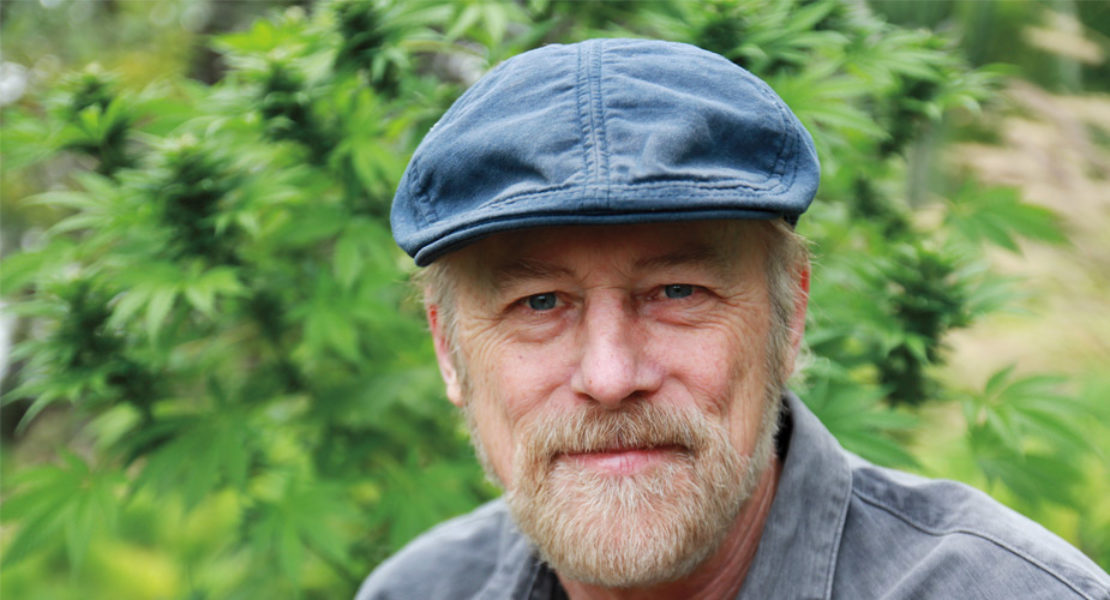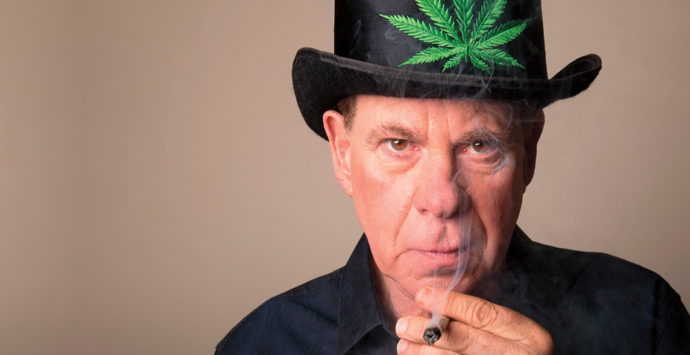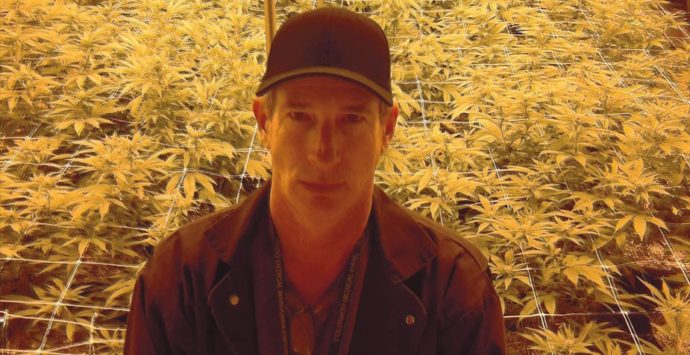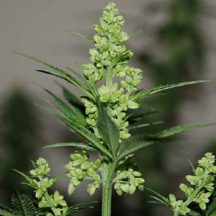
“Nurturing and watching these beautiful plants as they respond can be a humanising experience. Marijuana farmers know their plants as vital living organisms,” reads a quote from the preface of “The Marijuana Grower’s Guide.” Author of three books and countless articles in publications such as High Times and Red Eye magazine, Mel Frank is a name associated with the legendary Durban Poison, Ed Rosenthal, and only the highest quality cured cannabis. But these aren’t his only accomplishments, he is also a publisher.
Writing with a respect and knowledge of the plant that comes from many years of experience, Mel Franks thorough attention to detail and breakdown of the cannabis growing process helps give novice growers a foundation to stand on to start their own crop. His work is still recognized and recommended by the best growers in the business. But what does Mel have to say about the future of cannabis? And how did he begin? Stoner Magazine spoke to this growing legend, and found him to be quietly present and compassionate.
Stoner Magazine (SM): As we understand it – you have been growing marijuana since 1968. Is that right?
Mel: Yes. I started growing a few months after smoking my first joint during the 1968 New Year holidays. It took a decade before I felt I knew enough to begin the discussion. I’m still learning, and there’s way more to learn than any one person can absorb.
SM: You were first recognized in the Rolling Stone magazine’s 1971 New York Flyer
supplement, and then in 1975 in High Times the year after High Times launched. Did you ever expect to be in this industry decades later?
Mel: In those days I was studying biology in college, living in the moment, and can’t remember entertaining long-term possibilities other than finishing college and staying out of jail.
SM: In your estimation, what is your greatest work to date?
Mel: Marijuana Grower’s Guide Deluxe, 1977, because it described the main keys to growing successfully: genetics, cannabinoids, botany, photoperiod, rejuvenation, cloning, etc. After the New York Times gave the Deluxe a very good review, straight bookstores began carrying it, and that brought the concept of “anyone can grow no matter where you live” into the consciousness of the American public. It really spurred a tremendous growth in home growing. It distilled the scientific knowledge of the time along with practical applications.
SM: How has cannabis legalization affected you and your business?
Mel: My business of publishing books, including my own, is over. The industry changed so much with the advent of the internet and Amazon that the old way of bookstores and distributors was clearly on the way out. I still write articles and contribute photographs, but do more consulting now. I’m constantly amazed at the amount of time and money people put into this industry, while making costly mistakes that could’ve been predicted and corrected by hiring knowledgeable people who have done more than grow plants in their garage with 4 lights. You can’t scale up on that knowledge base.
SM: Do you think the healthcare industry will ever embrace cannabis, or do you feel patients will have to continue to self medicate?
Mel: I think it’ll be an ongoing issue for quite a while, as the pharmacological industry has a single molecule approach to medicines; and has the FDA and much of the government for support of that approach. They don’t want whole plant medicines. But, as the boomer generation ages, their pains and infirmities become more difficult to deal with. They are seeking whatever provides relief. Be that by pill or by plant, and cannabis doesn’t bring a host of very serious side effects; while many pharmaceuticals do. The pharmaceutical psychotropic drugs have very serious side effects, as do the pain relievers, witness the current opioid addictions. Cannabinoid based medicines will have near unlimited applications for a host of health issues.
SM: Do you feel the Trump Administration will interfere in the rights and wills of the citizens in legalized states?
Mel: No, because Trump seeks approval if not adulation, and the outcry and the demonstrations that would follow new or reinstated cannabis restrictions would be larger and more vocal than anything we’ve seen yet. Arrests would create a no-win situation. Imagine if all arrestees opted for juried trials.
SM: What is your favorite strain? Indoor or outdoor and why?
Mel: Very hard to say as I’ve experienced great pot from outdoor, greenhouse, and indoor grows. I particularly liked a memorable greenhouse Afghani 1
×
Durban Poison F1 in 1981, and outdoor Afghan1
×
Congolese F1 in ‘82. But more recent favorites include an outdoor Grand Daddy Purple crossed with Blueberry Haze F1, and a Jack loaded with terpineol. I haven’t mentioned any indoor grown, because I grow indoors only for breeding and seed production. Generally, commercial indoor grown is dried, not cured, and I cure what I plan on smoking.
SM: As an author what kind of message have you hoped to give people from the volume of your work?
Mel: Growing is fun! The experience can be as enlightening and as rewarding as the finished product. Spend time with your plants, and you can learn a lot by paying attention.
SM: Who is, or was, your favorite Cannabis activist?
Mel: Tom Forcade who started High Times, which helped bring the marijuana movement together, despite the DEA’s best effort. The people at NORML, Keith Stroup and Dale Gieringer deserve a lot of credit for keeping the movement going with credibility. One of my few regrets is not working with Tod Mikuriya, whose 1972 book Marijuana Medical Papers was before its time for acceptance.
SM: The cannabis industry is trending in the news lately. What do you see coming our way in the future?
Mel: A few winners and a lot of losers, with consolidation into bigger players. However, one thing different about this industry is that there’s already two and three generations of growers, and that’s a tradition that’ll be around for a long, long time.
Having the wisdom of growers going back generations means not only a greater depth of knowledge, but also, a progressive evolution of the plant, and a wisdom stemming from observing the patterns of the political process. Here at Stoner Magazine, we appreciate the insight and the dedication Mel Frank and others have shown the craft of cannabis, paving the way for understanding and ultimately legalization into the future.
TO CHECK OUT MEL’S BOOKS CLICK HERE








One thought on “Master Grower | Mel Frank”